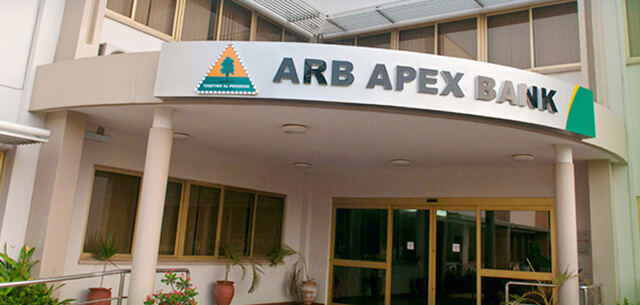The Namibian minister of industrialization and trade, Lucia Iipumbu, launched an economic partnership agreement (EPA) implementation plan at the Southern African Development Community (SADC)-EPA Trade Forum at the Windhoek Country Club Resort.
The event was co-hosted by the European Union (EU) delegation in Namibia under the theme ‘Towards Increased and Diversified Trade under the EPA by Ensuring Inclusivity, Sustainability and Economic Growth.’
This was contained in a press release from the Ministry of Industrialization and Trade.
It reads;
“The EPA Implementation Plan for Namibia which we are also launching is geared towards attaining the objectives of the SADC – EU EPA and ensuring that the potential benefits that can accrue from it are fully utilized by the intended beneficiaries, which include exporters, importers, consumers, and the entire business fraternity,” she added.
• The Minister of Industrialisation and Trade officiated the SADC-EU Economic Partnership Agreement (EPA) Trade Forum and jointly launched the EPA implementation plan in Windhoek.
• The EPA provides duty-free, quota-free market access into the EU for exports from partner states like Namibia, subject to rules of origin and adherence to international and regional quality standards.
“The Namibian EPA Implementation Plan was developed with the support of financial assistance from the EU.
“We are further happy to note that the Plan is being implemented with the support of the EU through a Financing Agreement between National Planning Commission and the EU Delegation. The launch of the implementation plan and its implementation was postponed due to the COVID-19 pandemic interruptions”.
According to the statement, the Forum will have several interactive engagements and presentations focusing on opportunities for Namibian and EU traders, agriculture and agro-processing, manufacturing, and trade facilitation and logistics.
The Ministry of Trade serves as the coordinator for the plan’s initial goal, which is to provide improved coordination and cooperation across institutions and organizations addressing areas related to EPA implementation.
It is also concentrated on establishing and enhancing the performance of important institutions involved in EPA implementation.
Making a case for technical support to strengthen the necessary legal, institutional, and infrastructure frameworks for Namibia’s EPA implementation is the third point of emphasis.
The EPA provides duty-free, quota-free market access into the European Union for exports from partner states like Namibia, subject to rules of origin and adherence to international and regional quality standards.


